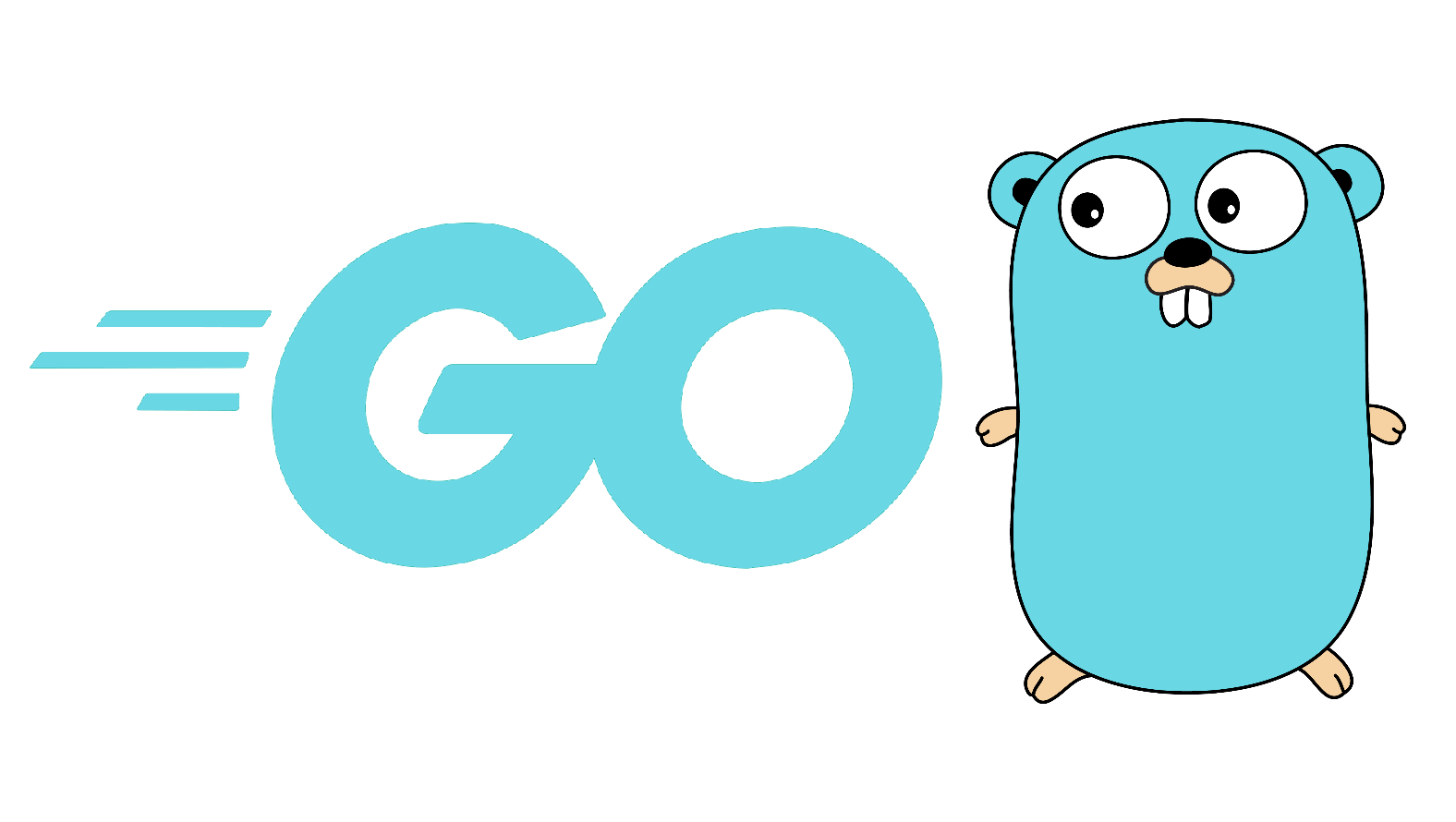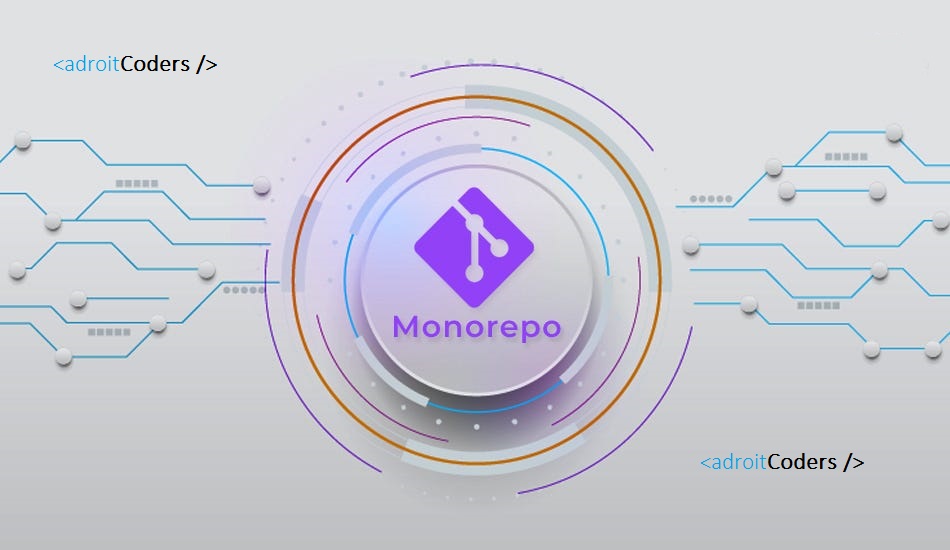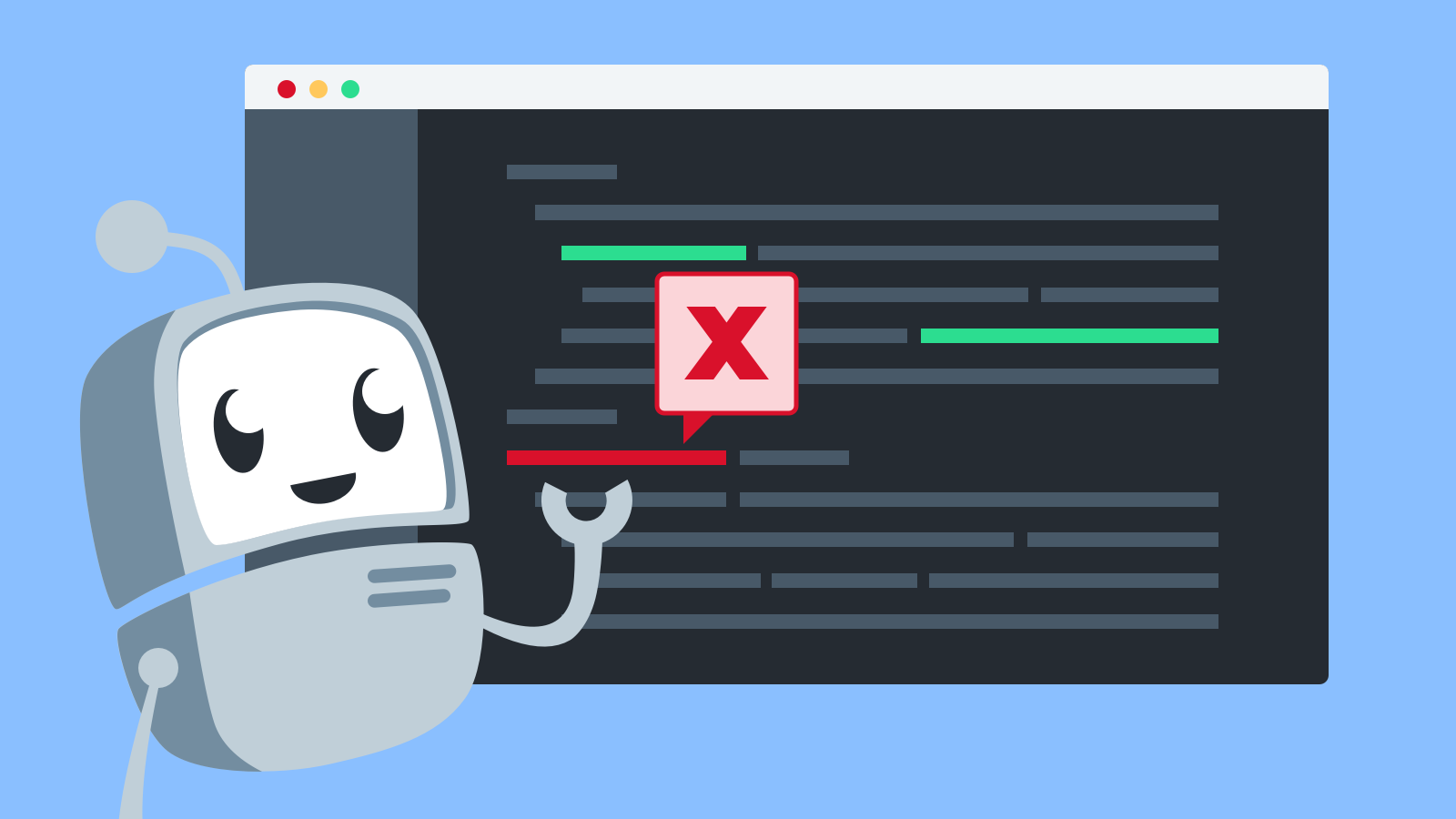Golang is a statically typed, compiled programming language that was developed with a focus on simplicity, efficiency, and ease of use. While Python, Java, and C++ are also popular programming languages, there are some key differences between them and Go. Here’s a comparison of Go with Python, Java, and C++:
1. Simplicity: Go emphasizes simplicity and readability. Its syntax is clean and straightforward, making it easier to learn and write code. Python also emphasizes simplicity and readability, while Java and C++ have more complex syntax and language features.
2. Concurrency: Go has built-in support for concurrency with goroutines and channels, making it easier to write concurrent and parallel programs. Python, Java, and C++ also have support for concurrency, but Go’s approach with goroutines and channels is considered more lightweight and simpler to use.
3. Performance: Go is designed for efficiency and performance. It offers a high level of performance by utilizing features like goroutines, which are lightweight threads, and a garbage collector optimized for low-latency. C++ is known for its performance as well, as it provides low-level control over hardware resources. Python and Java, being higher-level languages, generally have a performance trade-off compared to Go and C++.
4. Memory Management: Go has automatic garbage collection, which simplifies memory management and reduces the risk of memory leaks. Java also has automatic garbage collection, while C++ requires manual memory management, which can be more error-prone.
5. Type System: Go has a static type system, meaning types are checked at compile-time, ensuring type safety. Python and Java are dynamically typed languages, where types are checked at runtime. C++ has a static type system like Go, but it offers more flexibility and allows low-level manipulation of memory.
6. Ecosystem and Libraries: Python has a vast ecosystem and a rich set of libraries for various purposes, including web development, data analysis, and machine learning. Java also has a large ecosystem and is commonly used in enterprise applications. Go’s ecosystem is growing rapidly, with libraries available for web development, networking, concurrency, and more. C++ has a mature ecosystem with a wide range of libraries for different domains, including game development, system programming, and high-performance computing.
7. Cross-Platform Support: Go, Python, Java, and C++ are all cross-platform languages, meaning they can run on different operating systems. However, each language has its own level of platform support and ease of cross-platform development.
Ultimately, the choice of language depends on the specific requirements of the project, the development team’s expertise, and the trade-offs between factors like performance, productivity, and ecosystem availability. Go excels in scenarios that require high-performance, concurrent programming with a focus on simplicity and ease of use, while Python, Java, and C++ have their own strengths and use cases in different domains.


















